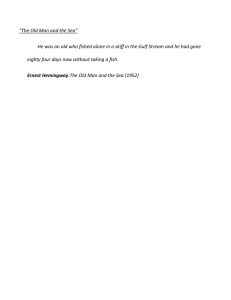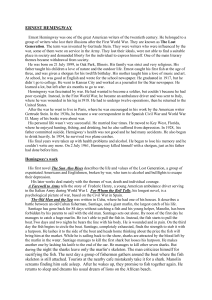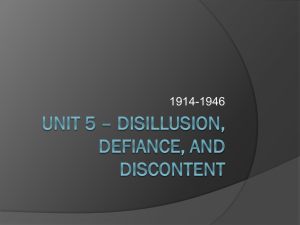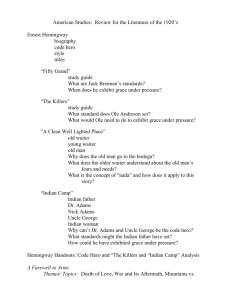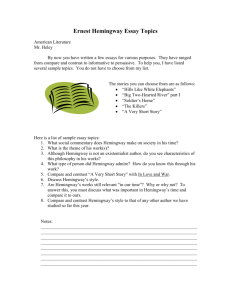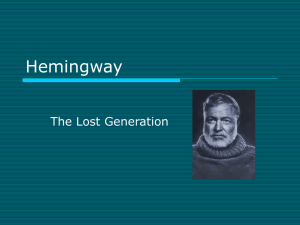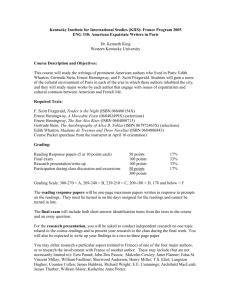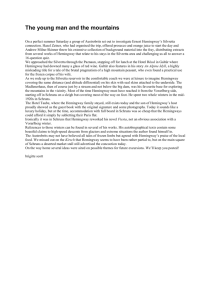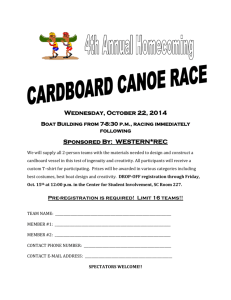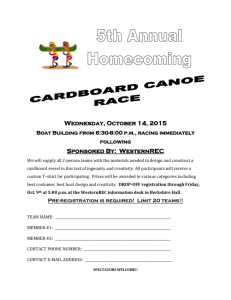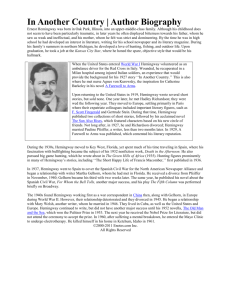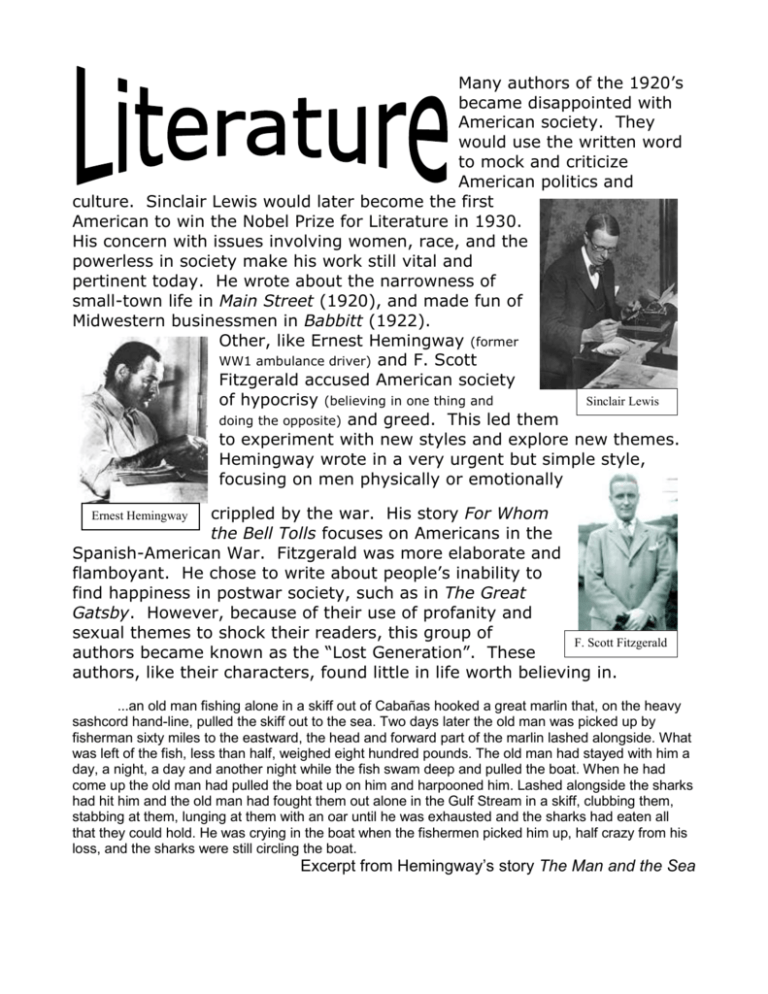
Many authors of the 1920’s
became disappointed with
American society. They
would use the written word
to mock and criticize
American politics and
culture. Sinclair Lewis would later become the first
American to win the Nobel Prize for Literature in 1930.
His concern with issues involving women, race, and the
powerless in society make his work still vital and
pertinent today. He wrote about the narrowness of
small-town life in Main Street (1920), and made fun of
Midwestern businessmen in Babbitt (1922).
Other, like Ernest Hemingway (former
WW1 ambulance driver) and F. Scott
Fitzgerald accused American society
Sinclair Lewis
of hypocrisy (believing in one thing and
doing the opposite) and greed. This led them
to experiment with new styles and explore new themes.
Hemingway wrote in a very urgent but simple style,
focusing on men physically or emotionally
crippled by the war. His story For Whom
the Bell Tolls focuses on Americans in the
Spanish-American War. Fitzgerald was more elaborate and
flamboyant. He chose to write about people’s inability to
find happiness in postwar society, such as in The Great
Gatsby. However, because of their use of profanity and
sexual themes to shock their readers, this group of
F. Scott Fitzgerald
authors became known as the “Lost Generation”. These
authors, like their characters, found little in life worth believing in.
Ernest Hemingway
…an old man fishing alone in a skiff out of Cabañas hooked a great marlin that, on the heavy
sashcord hand-line, pulled the skiff out to the sea. Two days later the old man was picked up by
fisherman sixty miles to the eastward, the head and forward part of the marlin lashed alongside. What
was left of the fish, less than half, weighed eight hundred pounds. The old man had stayed with him a
day, a night, a day and another night while the fish swam deep and pulled the boat. When he had
come up the old man had pulled the boat up on him and harpooned him. Lashed alongside the sharks
had hit him and the old man had fought them out alone in the Gulf Stream in a skiff, clubbing them,
stabbing at them, lunging at them with an oar until he was exhausted and the sharks had eaten all
that they could hold. He was crying in the boat when the fishermen picked him up, half crazy from his
loss, and the sharks were still circling the boat.
Excerpt from Hemingway’s story The Man and the Sea

